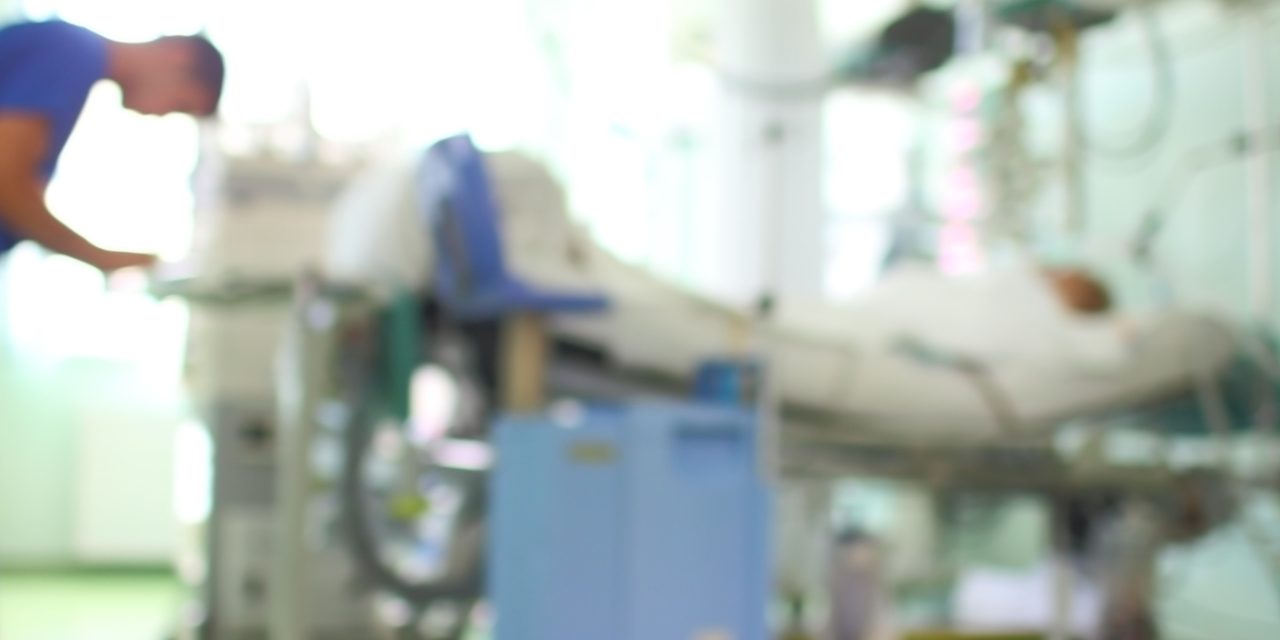The purpose of this study was to prospectively validate a care pathway for psychogenic nonepileptic seizures (PNES) in a pediatric setting. The pathway was developed based on a previous study of patients at our center, which demonstrated positive treatment outcomes of 80% full or partial remission. Sequentially referred patients with PNES in the validation cohort received care prospectively according to the pathway algorithm. It was hypothesized that the validation cohort would achieve outcomes similar to that of the development cohort as a result of standardized care.
We performed a retrospective chart review of 43 children sequentially referred, assessed, and treated within a specialized neurology psychology service for suspected PNES over a 5-year period. The majority of patients (n = 41, 95%) met diagnostic criteria for probable, clinically established, or documented PNES, according to the International League Against Epilepsy (ILAE) criteria.
Ages ranged from 6 to 18 years of age at time of diagnosis, with the majority of patients being female (n = 29, 67%) and adolescent (n = 31, 72%). There was a high level of adherence to the care algorithm (n = 34, 84%). The development and validation cohorts were similar across demographic, clinical, and psychological characteristics. Standardized care resulted in high rates of full (n = 27, 63%) and partial (n = 12, 28%) remission, as self-reported at discharge. A 96% decrease in mean monthly frequency of total PNES events was also observed at discharge, as was a significant reduction in healthcare utilization related to PNES (74% fewer ambulance calls and 85% fewer emergency department (ED) visits). Post hoc analyses demonstrated that duration of PNES illness longer than 12 months (at diagnosis) increased odds of not achieving full remission by discharge (odds ratio = 5.94, p = 0.02). Developmental period of onset (child versus adolescent), having abnormal electroencephalogram (EEG) result, previous concussion, chronic versus acute stressor, more than one PNES event type, or additional functional neurological symptoms did not significantly impact treatment response.
This study demonstrates, for the first time prospectively in a pediatric setting, that standardized care for PNES leads to improved clinical outcomes and reduced healthcare utilization. Delayed diagnosis and treatment of PNES longer than 12 months also appears to be associated with less favorable outcomes in children.
Copyright © 2020 Elsevier Inc. All rights reserved.
Psychogenic nonepileptic seizures in children-Prospective validation of a clinical care pathway & risk factors for treatment outcome.


